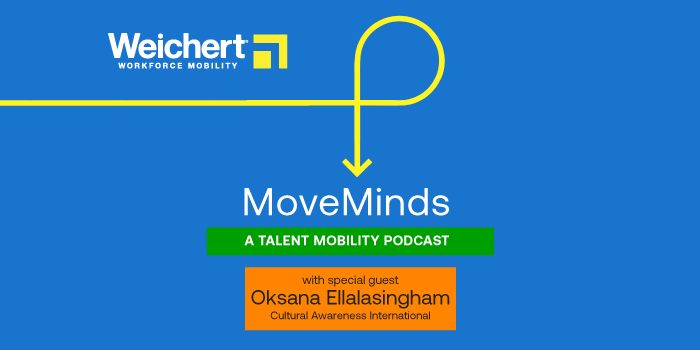2024 Intern & Early Career Survey: Your First Look
We’re thrilled to serve up the first snippets of insight from our latest deep dive into the trends driving today’s intern and early career programs globally!
Read MoreFrom Immigration to Talent Retention: Takeaways from Weichert’s Toronto Roundtable
Our recent roundtable session in Toronto unveiled many truths about the challenges of managing compliance and immigration hurdles in today’s mobility programs.
Read MoreManaging Mobility Change: Aligning Expectations with Reality
Change – whether big or small – can be scary! But as these clients confirm, change is an opportunity for growth and improvement.
Read MoreGen Z Interns: Changing the Game and Shaping the Future
We’re teaming up (again) with Weichert Corporate Housing for our third annual Interns & Mobility Survey, and this time, we’re focused on how intern programs are meeting the needs of Gen Z talent!
Read MoreMental Health: In The Workplace & The Mobility Space
Research shows that many employers will rein in mental health and wellness spending next year; how will this impact employee wellness in our workplaces and the mobility journey?
Read MoreMoving the Modern Family
Discover how modern businesses are adapting their relocation strategies to meet the evolving needs of diverse families in today’s inclusive workplace!
Read MoreMoveMinds: Hitting the Ground Running
Our third MoveMinds episode features Oksana Ellalasingham of Cultural Awareness International, who shares the critical role that DSPs can play in driving the success of a relocation.
Read More3 Costly Compliance Mistakes Stretching Your Mobility Spend
Right now, we’re all looking for ways to reduce costs without impacting employee experience. Despite your best intentions, however, you may be unknowingly putting your bottom line at risk.
Read MoreThe AI Impact: How It’s Reshaping Mobility Management
AI is poised to revolutionize relocation programs in several impactful ways by enhancing efficiency, personalization, and overall effectiveness.
Read More











